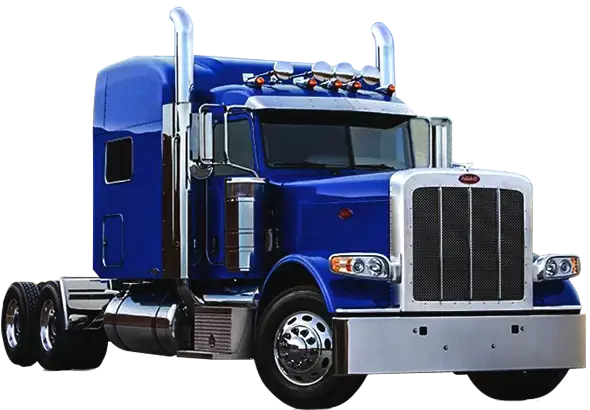

Understanding whether non-CDL drivers need to use Electronic Logging Devices (ELDs) is essential for compliance with federal regulations. The ELD mandate, which was implemented to ensure accurate tracking of hours of service (HOS), primarily targets commercial motor vehicle (CMV) drivers. However, the specifics of this mandate can be confusing, particularly when it comes to non-CDL drivers. This article delves into the requirements and exceptions related to ELD use for non-CDL drivers, helping to clarify who needs to comply and who is exempt.
The ELD mandate, enforced by the Federal Motor Carrier Safety Administration (FMCSA), requires drivers of commercial motor vehicles (CMVs) to use electronic devices to record their HOS. This regulation aims to improve road safety by ensuring that drivers adhere to legal driving limits, reducing fatigue-related accidents. While this mandate is clear for CDL (Commercial Driver’s License) holders, the requirements for non-CDL drivers are more nuanced.
Non-CDL drivers are required to use ELDs under certain conditions. The main criterion is whether the vehicle they operate falls under the FMCSA’s definition of a commercial motor vehicle (CMV). According to the FMCSA, a CMV is any vehicle that:
If a non-CDL driver operates a vehicle that meets any of these criteria, they are required to use an ELD unless they qualify for one of the specific exemptions outlined by the FMCSA.
There are several exemptions that may apply to non-CDL drivers, allowing them to forgo using an ELD. These exemptions include:
Understanding these exemptions is crucial for non-CDL drivers and fleet managers to ensure compliance while avoiding unnecessary equipment costs.
Compliance with the ELD mandate is not just about adhering to the law; it’s also about ensuring safety and efficiency in fleet operations. Non-compliance can result in penalties, fines, and potential liabilities in the event of an accident. For non-CDL drivers, particularly those who operate on the cusp of the FMCSA’s CMV definitions, staying informed about when ELD use is required can help avoid these issues.
It’s also important to note that while some non-CDL drivers may be exempt from using ELDs, the use of such devices can still provide significant operational benefits. ELDs automate HOS tracking, reduce paperwork, and enhance fleet management capabilities. Even if not mandated, the adoption of ELDs by non-CDL drivers can lead to improved safety records, better operational efficiency, and easier compliance with other federal and state regulations.
In summary, whether non-CDL drivers need to use an ELD depends on the specific circumstances of their operations. The key factors include the type of vehicle being operated, the nature of the work, and whether any FMCSA exemptions apply. Fleet managers and drivers should carefully evaluate their operations against the FMCSA’s guidelines to determine if ELD compliance is necessary.
For those operating within the scope of the ELD mandate, choosing a reliable ELD solution that fits their specific needs is essential. Solutions like RouteOneEld and EldRoute offer robust features tailored for compliance, ensuring that both CDL and non-CDL drivers can manage their hours of service efficiently and accurately. By staying informed and choosing the right tools, non-CDL drivers can navigate the complexities of the ELD mandate with confidence.
We understand that every business has unique needs when it comes to Electronic Logging Devices (ELD) and compliance solutions. To provide you with the most accurate and tailored quote, please complete the form below. Our team will carefully review your information and reach out to you shortly to discuss how we can support your specific requirements.